Spotlight
A selection of resources from across the Federation

HIV Theory of Change
Our HIV Theory of Change is to clarify the goals and vision of IPPF’s HIV programme and to articulate the different pathways and strategies IPPF uses to contribute towards its HIV goals and vision.
Filter our resources by:

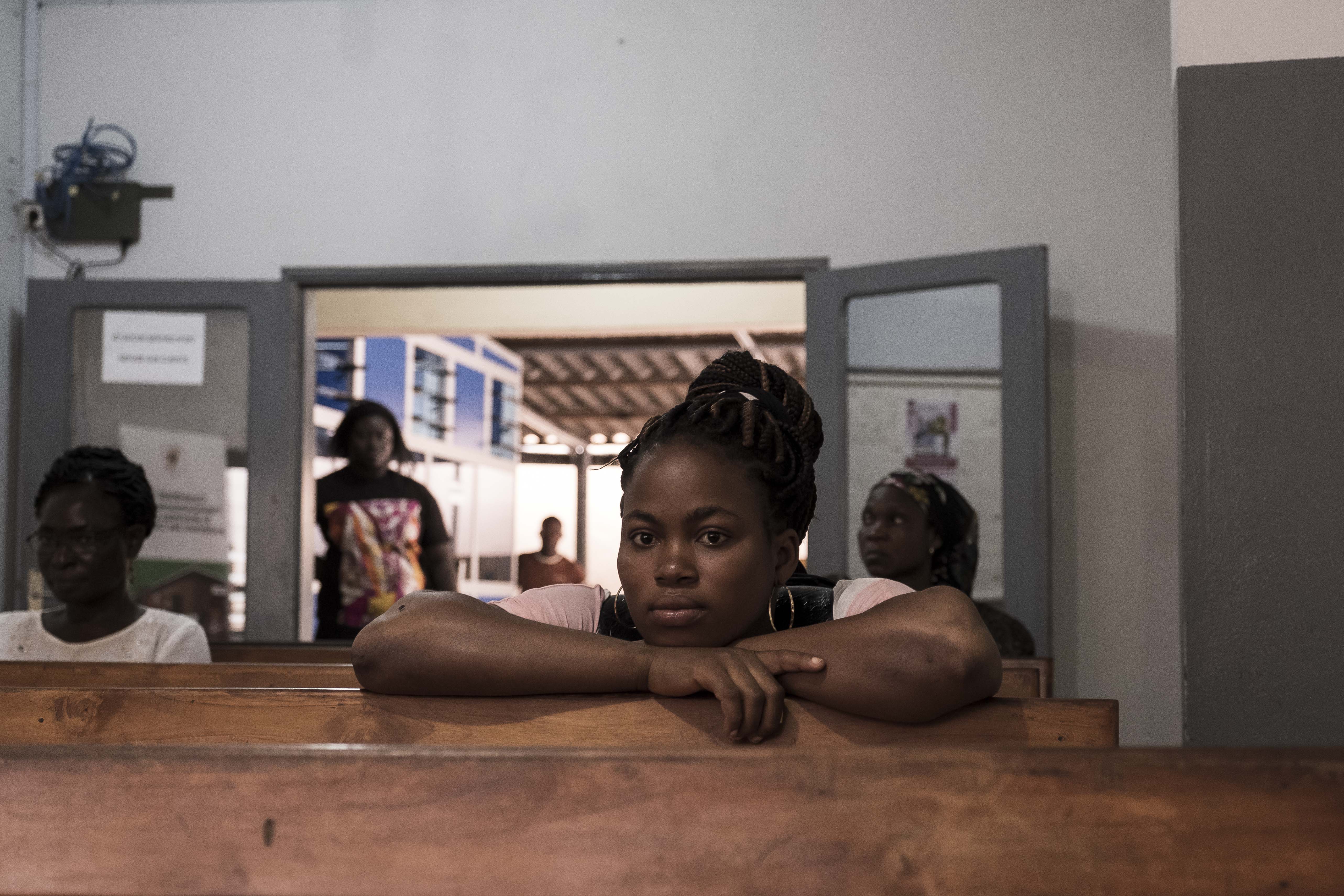
| 10 February 2021
Reducing Abortion Stigma: Global Achievements since 2014
Abortion stigma affects everyone: individuals, communities and service providers. Young women and adolescent girls bear the brunt of abortion stigma. It causes delays in people seeking abortion and stops others from accessing it, leading to unintended pregnancies. Stigma drives abortion underground, where it is more likely to be unsafe. Since 2014, the support of the David & Lucile Packard Foundation has enabled IPPF to reduce abortion stigma affecting young people around the world, working directly with Member Associations in six countries (Bénin, Burkina Faso, India, Pakistan, Ghana and Nepal). Meaningful youth participation has ensured that young people’s lived experiences were central in every aspect of this work. This project has also supported smaller ground-breaking youth-led projects in 14 different countries: Albania, Colombia, Ghana, Guinea, Kenya, Macedonia, Nepal, Nigeria, Palestine, Puerto Rico, Sierra Leone, Spain, Tanzania and Venezuela. This document highlights the achievements and learnings from the Abortion Stigma Project between 2014 and 2020, including case studies, research and evidence generated around abortion stigma, and popular resources and tools developed throughout the project, and more. We invite you to read more on this ground-breaking work in Reducing Abortion Stigma: Global Achievements since 2014
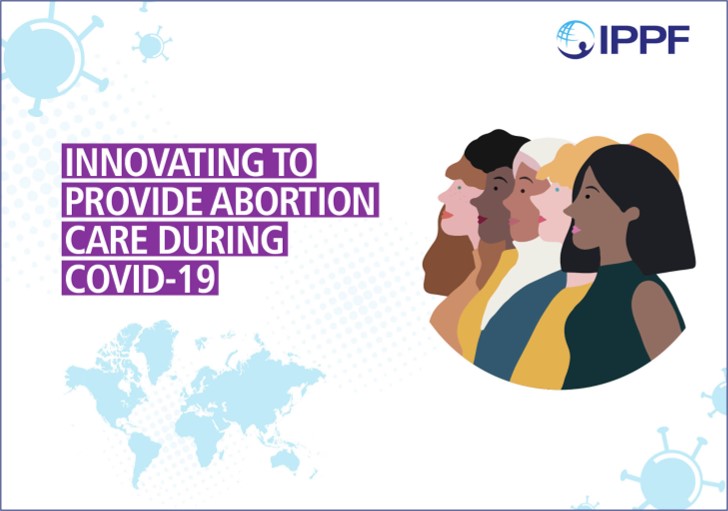
| 24 September 2020
Innovating to provide abortion care during COVID-19
During the COVID-19 pandemic, women globally face compounded barriers to accessing safe abortion care. The de-prioritization of sexual and reproductive health services including abortion care, overwhelmed health systems, restrictions on movement and fear of visiting health facilities have all created additional challenges for women to safely end a pregnancy. However, recognizing the need to adapt to ensure women have access to the care they need, this crisis has sparked innovation among IPPF Member Associations. They developed new approaches to reach women with safe abortion information and care, while keeping women’s choice and quality of care at the centre of their work. This document illustrates some of the innovative approaches used to ensure continued access to quality abortion care during the pandemic.
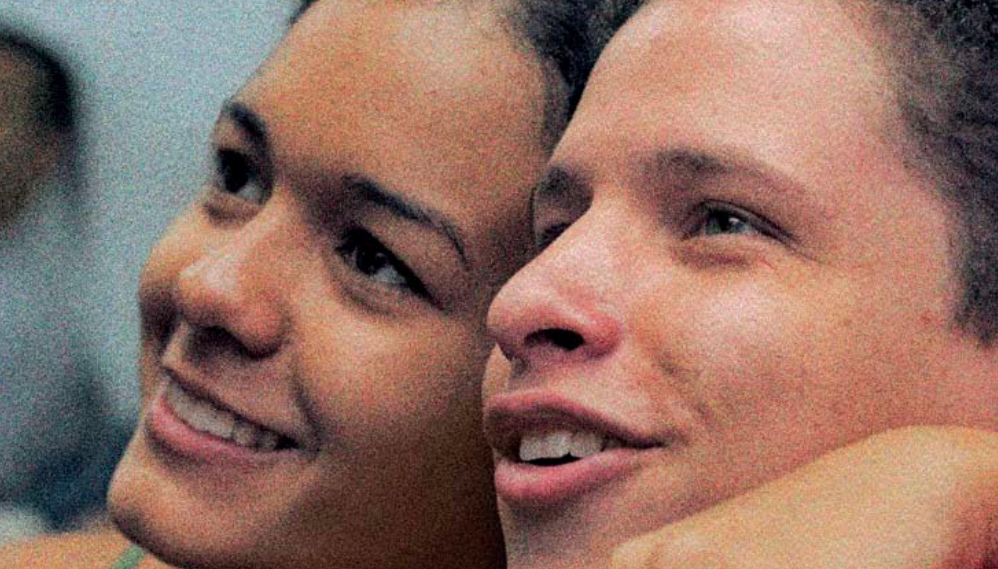
| 21 September 2020
It's All One Curriculum
Researchers have identified gender inequality as a key factor driving the AIDS pandemic. Policymakers have called for sexuality and HIV education that emphasizes gender equality and human rights. Educators want to teach young people the critical thinking skills needed to build compassionate and just societies. It's All One Curriculum responds to these calls.
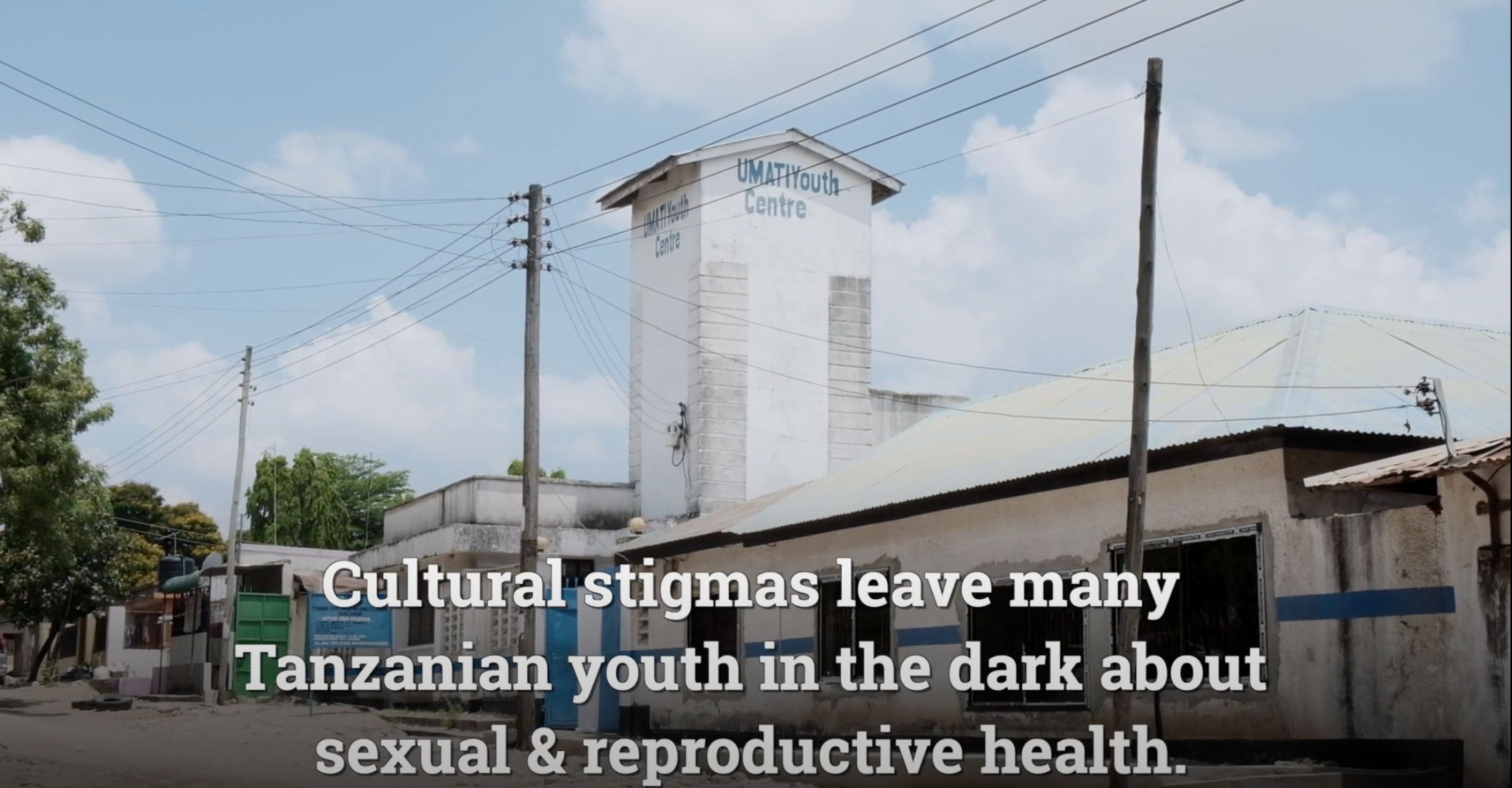
| 12 August 2020
Tanzania: A youth center on a mission to destigmatize sexual health
Cultural stigmas leave many young people in Tanzania in the dark about their sexual and reproductive health and rights. Our Member Association - Chama cha Uzazi na Malezi Bora Tanzania (UMATI) - has come up with a solution at their youth center in Dar es Salaam: peer-to-peer educators. Every week over 100 youth sign up for services and training at the center. In 2017 the Global Gag Rule pulled funding from UMATI, however, the Belgian Government stepped in with emergency funding which allowed the center to remain open through the She Decides project.
| 17 January 2020
Tanzania: Fighting back against the Global Gag Rule
In 2017, the US administration implemented the Global Gag Rule (GGR), a policy that denied funding to organizations that provided abortion care. IPPF refused to sign the policy that required us to deny women and girls the freedom to choose what happens to their body. As a result, IPPF lost $100 million in funding. Our Member Association in Tanzania – Chama cha Uzazi na Malezi Bora Tanzania (UMATI) – was forced to close 5 of its 11 clinics. But thanks to emergency funding from the Belgium government, UMATI was able to improve their remaining clinics, increase the number of qualified staff and continue to provide quality care for those who need it. Find out more about the Global Gag Rule and its devastating impact
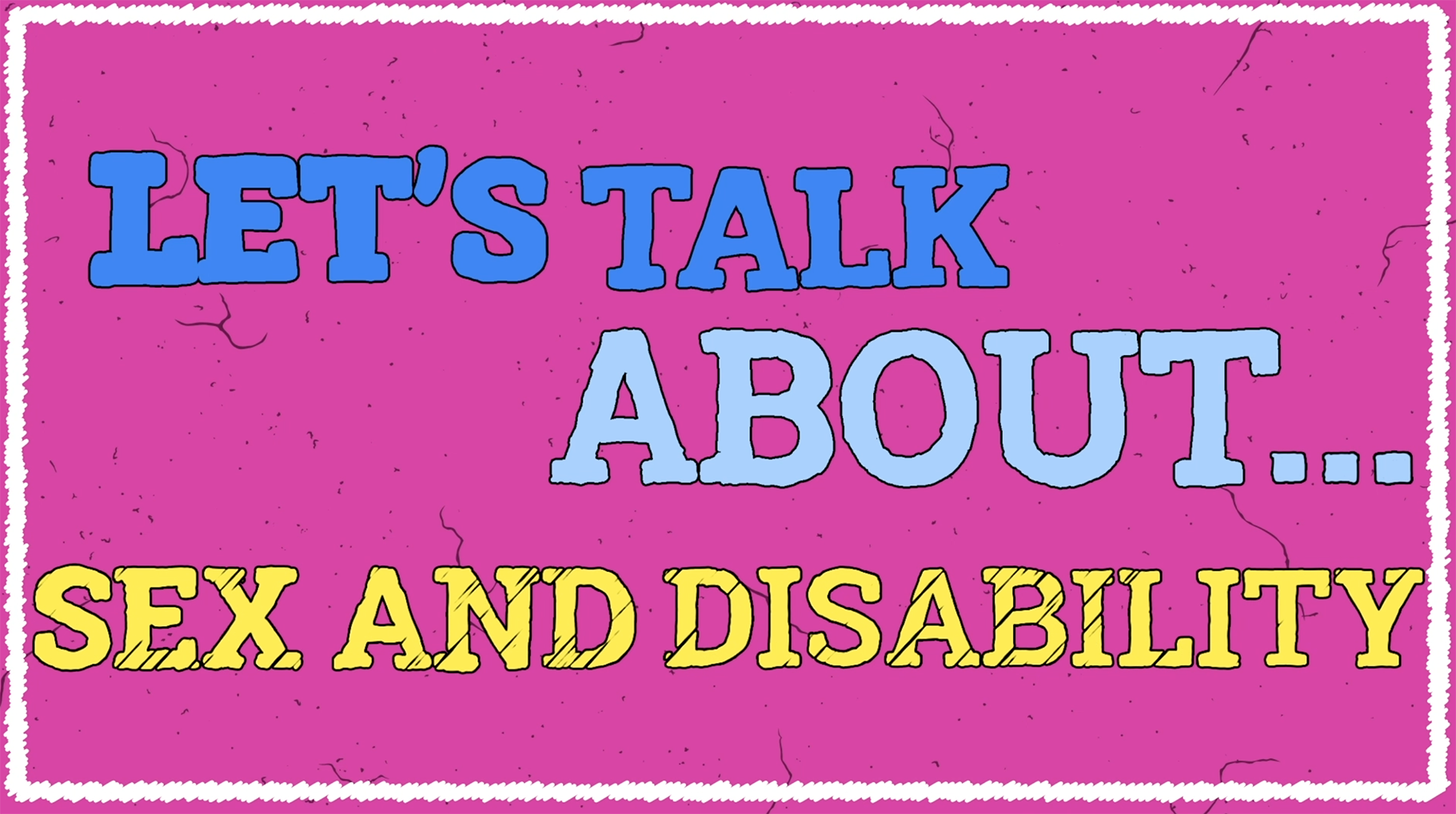
| 20 September 2019
Watch: Let's Talk About... Sex & Disability
"Disabled people are sexy" "If you’re blind, how do you have sex? And I’m thinking, what kind of sex are you having?" Our new series tackles five major topics: Sex & Disability, Sex & Pleasure, Sex & Consent, Sex Education and Sex & Social Media. In this episode, Joy and Rachelle talk about their own experiences of living with a disability and some of the stigma and stereotypes they face when it comes to sex. They also have a few handy tips (hint more people should have sex with people living with a disability) on how to incorporate your disability into your sex life!















